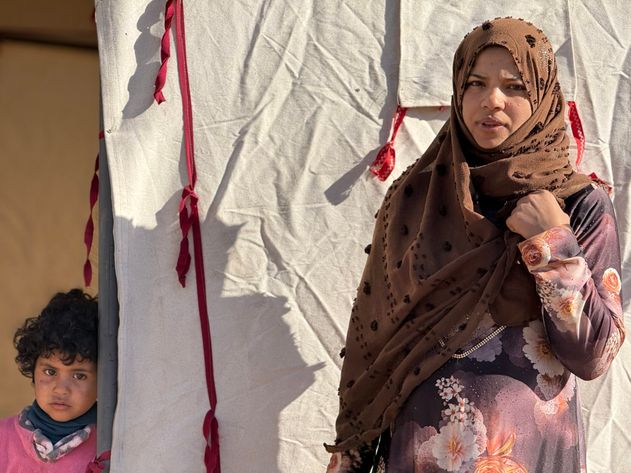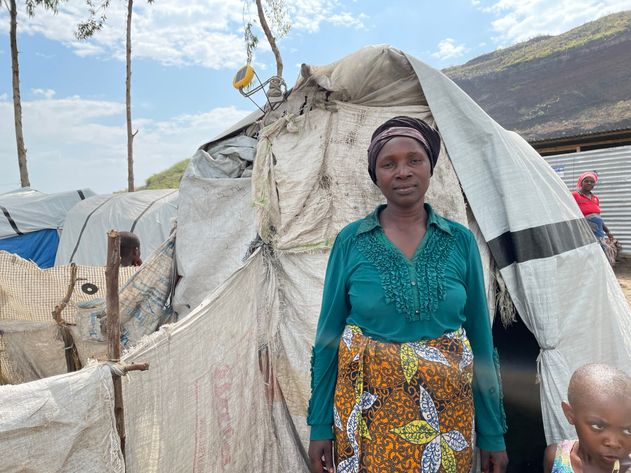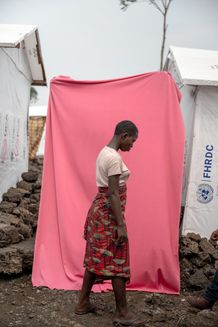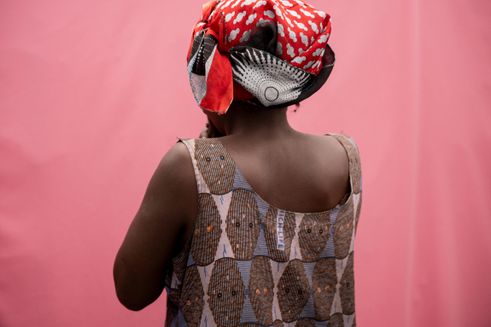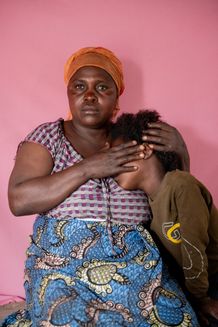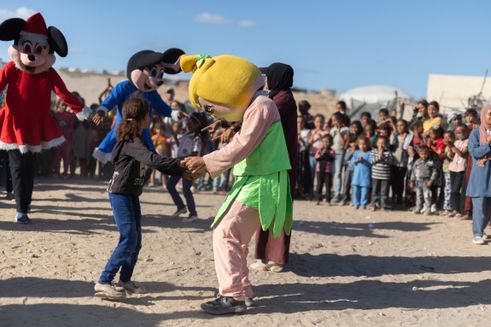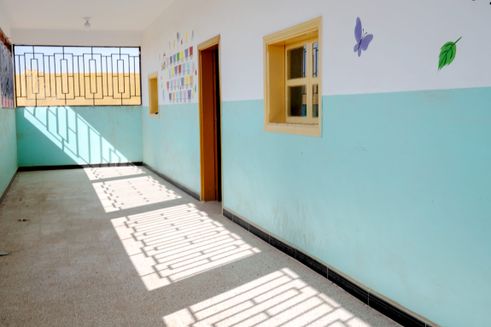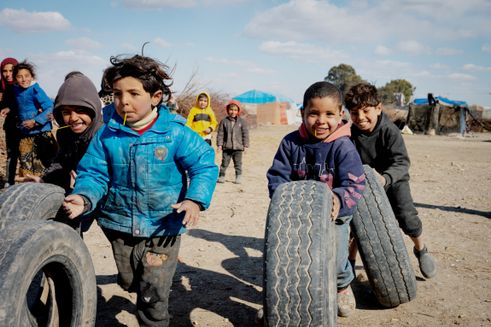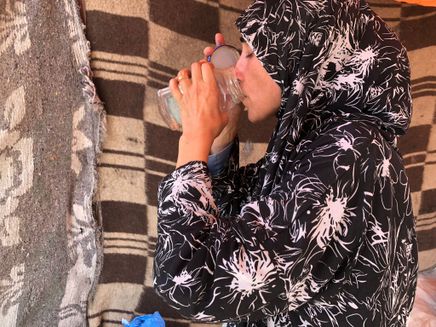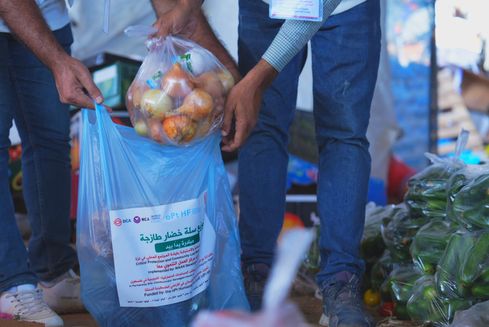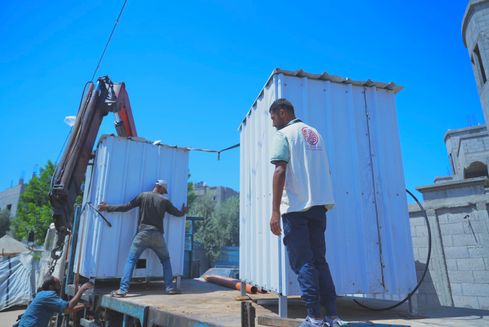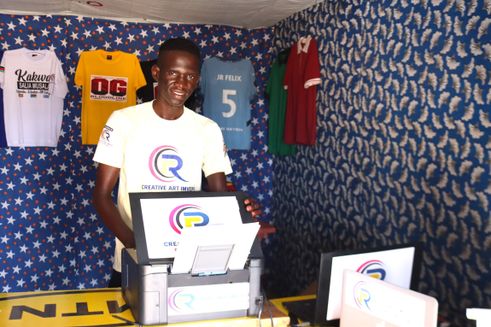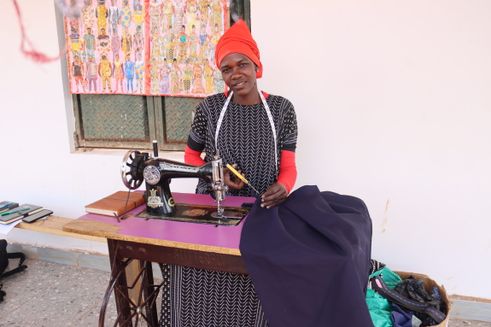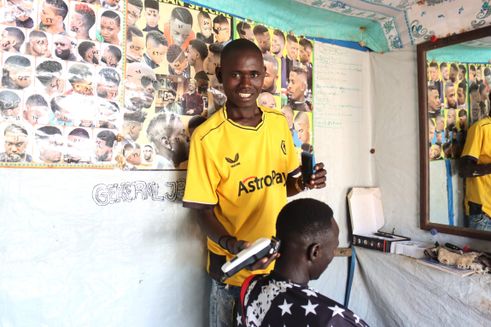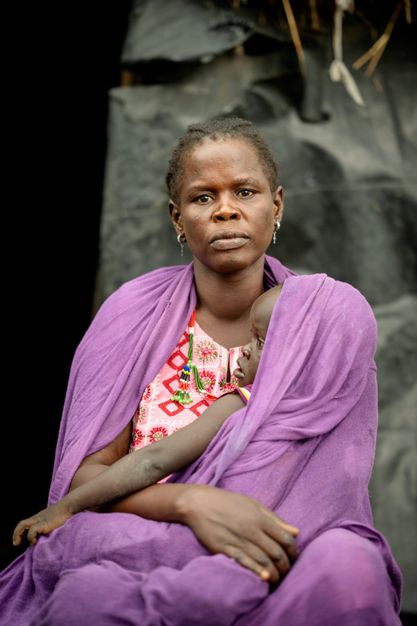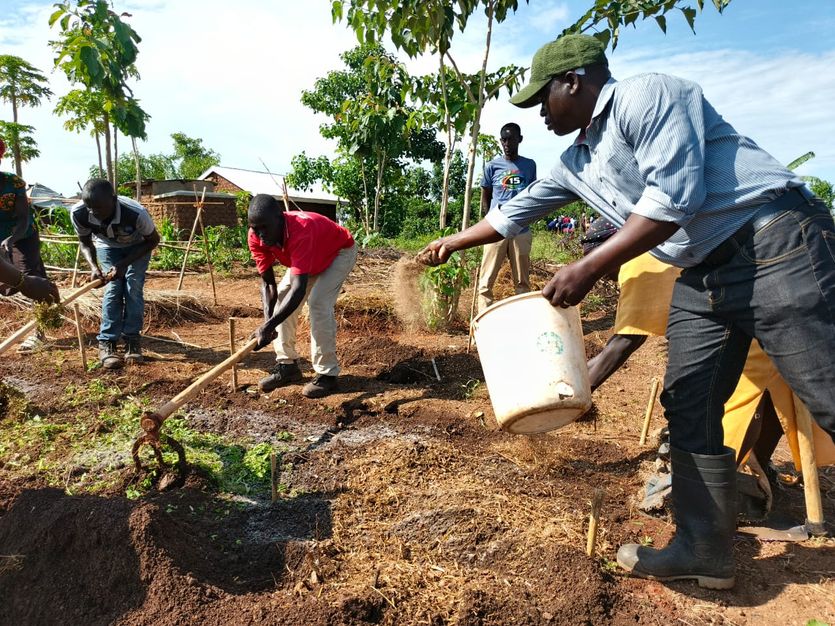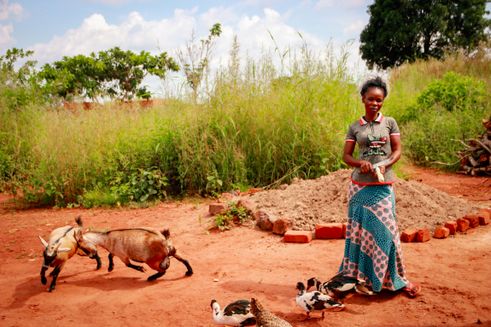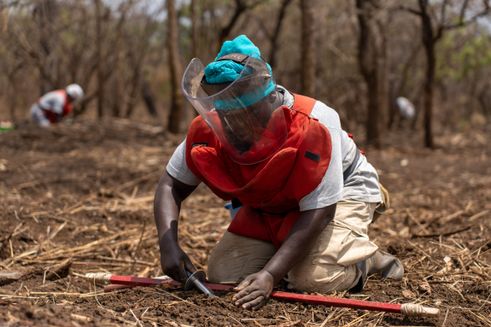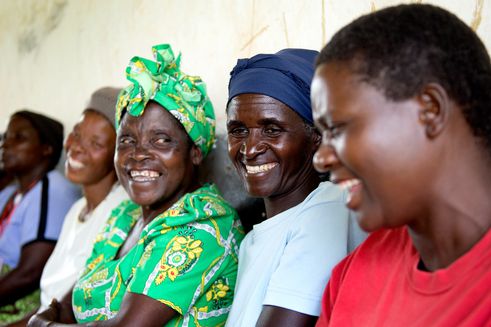World Refugee Day 2025

Every year on June 20th, the world comes together to honor the strength and courage of millions of people who have been forced to flee their homes to escape war, violence, or persecution.
This year, on World Refugee Day, a day designated by the United Nations to honour refugees, a call goes out for solidarity with refugees and others who have been displaced — not just in words, but in action.
For over a century, DCA has stood with people uprooted by conflict, disaster, and persecution. Since the organisation was founded in 1922 in response to the refugee crisis in the aftermath of World War I in Europe, responding to refugee crises has remained at the heart of our mission.
Today, DCA continues this legacy by providing life-saving assistance and long-term support to refugees and internally displaced people across some of the world’s most fragile contexts to help families rebuild their lives with dignity, security and hope.
Facts about refugees
Conflict, persecution, and climate disasters uproot millions of people every year. By 2025, more than 122 million people worldwide live as refugees or internally displaced — the highest number ever recorded.
This is 1 in every 67 people on earth.
Most refugees are not fleeing to faraway countries, but find shelter in neighbouring regions, often with limited resources and under difficult conditions. 80% of the world’s displaced people are hosted in low- and middle-income countries.
But displacement is never just about losing your home. It triggers a chain of severe and long-lasting consequences.
Because displacement also:
- exposes families to hunger, malnutrition, and poverty
- separates children from education for months or even years
- increases the risk of gender-based violence, exploitation, and abuse
- leaves many without access to healthcare or psychosocial support
At risk every day as refugees
Displacement puts many people – especially women, children and marginalised groups – in danger. Many are forced to live in overcrowded shelters or makeshift camps with poor sanitation and little protection. Protracted crises mean that some families remain displaced for years or even decades, unable to return home or build stable futures.
Far from the safety of their homes, they face a sharply increased risk of abuse, rape, and exploitation. Leaving home is never a choice taken lightly.
The Rusayo camp in the DR Congo houses around 35,000 internally displaced people. The risk of being raped is extremely high for women who venture outside the camp. A psychological counselor in the camp reports that there are, on average, three to four cases of sexual violence in the camp every day.
Building safe spaces for displaced children
What is child displacement?
Child displacement is the complete removal or separation of children from their parents and immediate family or settings in which they have initially been reared.
Displaced children face intense pressure of being alone and separated from family and the original homeland.
The loss of safety, routine, and connection can leave lasting scars — making it hard for children to trust, express themselves, or imagine a hopeful future.
In Iraq, DanChurchAid collaborates with local partners to introduce art activities that support children’s emotional recovery. The drawing workshops had a strong positive impact, helping children build new friendships and step out of the shadows of their bad memories.
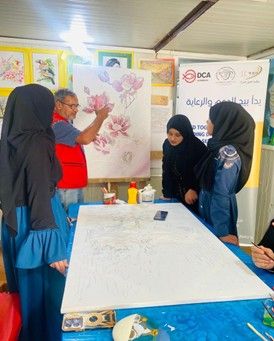
Painting became a way for me to express myself and release feelings of anxiety and negative energy.One participation described what the artwork creation meant for her.
Hidden danger of landmines
Also the unfamiliarity with a new place can bring them the danger – as the risk of stepping on landmines or unexploded bombs is high. The landmines and remnants of war pose a great danger and can cause serious diabilities – or even death.
DCA collaborates with local authorities and organisations in training children to identify mines or other dangerous remnants of war, to report to an authority the finding of such objects, and knowing what areas to avoid by knowing how areas with explosives are or can be marked. In technical terms this is known as Explosive Ordnance Risk Education (EORE).
Bring children back to school
For children staying in camps for displaced people, access to education is often very limited. DCA works to give those children access to safe schools where they can learn and play without fear – and dare to dream of a path to a better future. We work closely with local partners to make this come true.
Gaza: DCA in action amid crisis
The war that began in October 2023 has become the main reason civilians are forced to flee their homes. According to the Internal Displacement Monitoring Centre, over 200,000 people had been displaced in Gaza by the end of 2024. The situation is extremely difficult and continues to worsen.

To best support those affected, DCA is taking constant action to make a difference – providing lifesaving aid and standing in solidarity with the people of Gaza.
With help from local partners, by June 2025, we have…

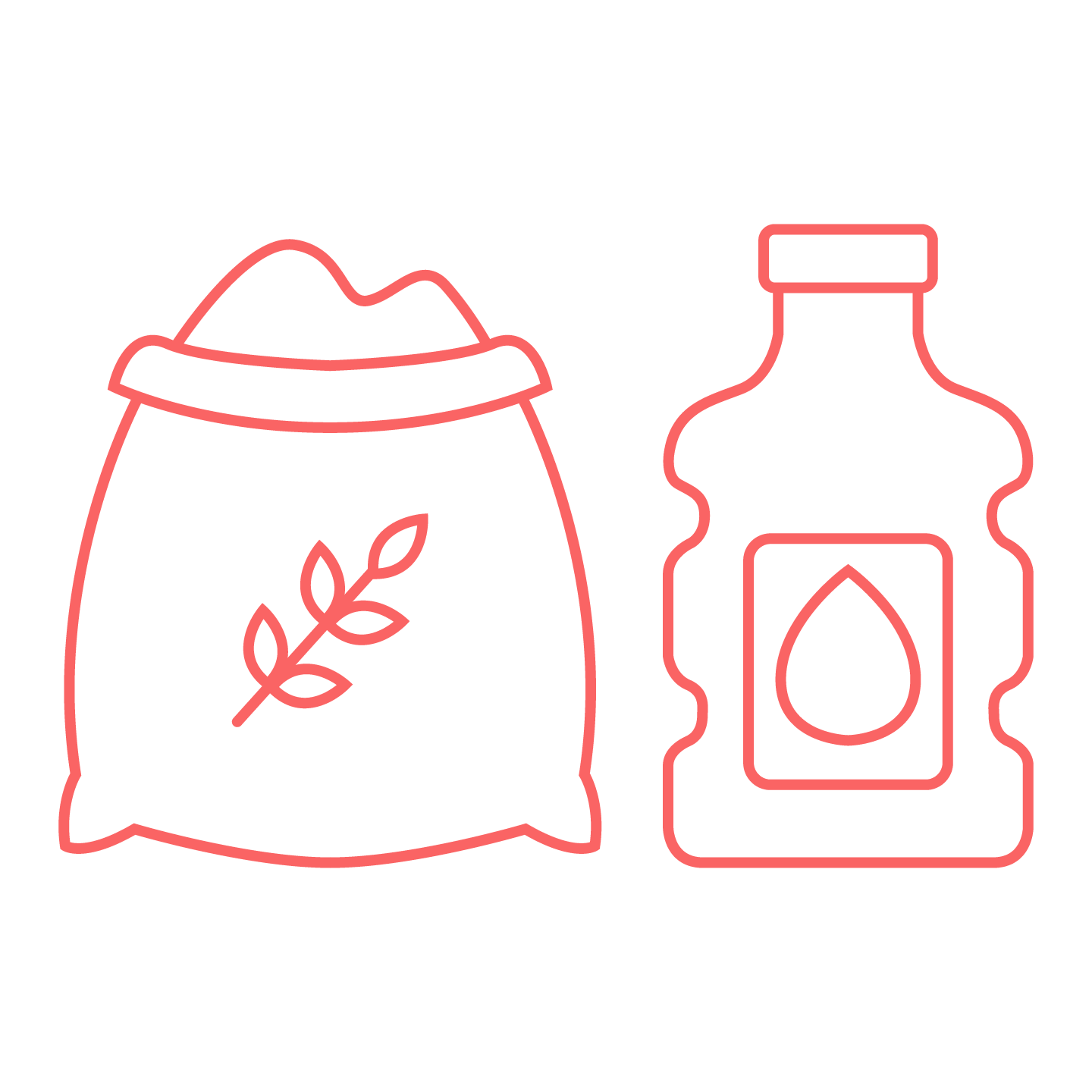

Locally-led initiatives make a difference:

Palestinian communities near the settlements are currently completely vulnerable to violent attacks.
Lebanon: Shelter for millions
Lebanon has been suffering from a pro-longed economical and financial crises, poor service delivery, and poverty levels that have tripled in the last decade reaching some 44% of the population in 2024.
In addition Lebanon has been hosting the largest number of displaced people per capita and per square kilometer in the world. According to UNOCHA 9 out of 10 people needed assistance with basic needs before the escalation of the conflict.

DCA has been supporting Lebanese, Palestinian Refugees in Lebanon, Palestinian Refugees form Syria and other refugees since 2007. We provide:
- access to water, sanitation and health.
- (monetary) support for communities to help them identify local issues and implement relevant solutions.
- unrestricted cash assistance for displaced people to enable them to buy food and other necessities.
- support for farmers and micro entrepreneurs for improved livelihoods and increased food security.
Uganda: empowered youth create a path to a better future
According to UNHCR Uganda hosts one of the largest refugee populations in the world, with over 1.7 million refugees, primarily from South Sudan, the Democratic Republic of Congo, and Burundi.
The country is renowned for its progressive refugee policies, granting refugees the right to work, freedom of movement, and access to public services. However, Uganda’s refugee and host communities face significant challenges.
The difficulty of being young in Uganda
Young people from both refugee and host communities face many challenges, including high poverty and unemployment.
Barriers such as limited access to quality training, credit, and job opportunities – along with discrimination, lack of experience, and long periods of inactivity caused by conflict and displacement – make it difficult for them to find or create work.
DCA is working with local authenticity and partners to address these barriers and leverage the opportunities to empower young people in Uganda to utilize their potential as agents of change.
Meet Edoni: solidarity and displacement
Edoni Brahan Nasur was forced to flee his home in northern Uganda in 1979 when war broke out. His parents endured hardship to raise the family during displacement in the Democreatic Republic of Congo.
Thanks to the support of local Congolese communities, Edoni and his family were able to survive and returned to Uganda in the later 1980s. Now he works for DCA in West Nile Region of Uganda where he helps refugees from South Sudan and the DR Congo.
Our refugee news & projects
You may also be interested in:

